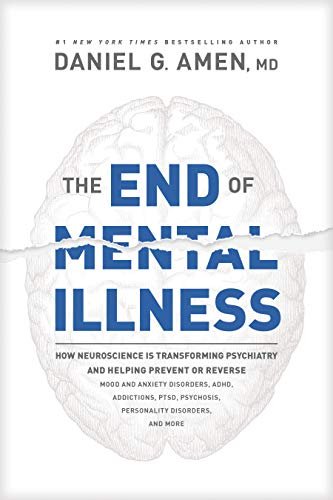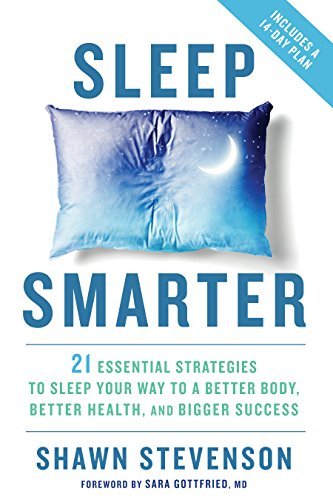The Importance of Sleep
The Importance of Sleep
I have been reading and researching more lately on other things that are in our control to help us feel our best and live a healthy life. I see many people who aren't getting quality sleep. I have read two specific books that helped me gain knowledge on the importance of sleep. These books were The End of Mental Illness by Dr. Amen, a well-renowned psychiatrist, and Sleep Smarter by Shawn Stevenson.
I wrote this blog to share the information I learned to better help my people!
"When you are sleeping, your brain is hard at work performing some very critical functions necessary to keep it operating at optimal levels... The brain processes that occur during sleep are also important for the health of your immune system, appetite control, and neurotransmitter production." - Dr. Amen
When you improve your sleep, you will likely gain these benefits:
Better skin appearance/health
Better relationships
Decreased risk of stroke, heart disease, cancer, infection, Alzheimer’s disease, and cognitive decline
Decreased pain and stronger bones
Hormonal balance
A faster rate of weight loss
Lower levels of inflammation
…just to name a few
It is SUPER important but not taken seriously enough!
Here are some statistics for you:
In the United States, there are approximately 50 to 70 million people that have some form of sleep disorder. The rates are even higher among people with psychiatric disorders. Insomnia is tied to stress, anxiety, or depression over 50 percent of the time.
Sleep and brain health/mental health issues are tightly linked. About 75 percent of people with depression also have insomnia. Also, more than half of people with anxiety have trouble sleeping.
Taking sleep medication, such as Ambien, has been shown in several large studies to be associated with increased mortality. In addition, these medications that you think are helping only add about 30-40 minutes to your sleep schedule.
Here is a big one for a TON of my patients- The Canadian Medical Association Journal published a study that showed that the inability to lose weight is directly related to sleep deprivation.
There are SO many other statistics- poor sleep quality is associated with ADD/ADHD, panic attacks, brain fog, memory problems, and dementia.
The good news is, we have SO much control over our sleep. We can't keep ignoring it, especially if we are experiencing injuries and acute/chronic pain.
Let's look at a few things we can do to help improve our sleep!
Love and care about your sleep
Make it a priority and keep track of your sleep.
Strive to get 7-9 hours — This is a healthy amount for most people.
Avoid anything that hurts your sleep
Beware of health problems that steal your sleep including but not limited to:
Sleep apnea
Thyroid conditions
Congestive heart failure
Chronic pain
Alzheimer's disease
Acid reflux,
Depression/anxiety
Speak with your healthcare provider about solutions. I also have great referral sources for this!
Beware of bad sleep habits
Working out close to bed
Drinking coffee late in the day
Eating too late,
Going to bed worried or angry
Taking certain medications
Napping during the day
Having light and noise in the bedroom
Having animals in the bedroom
Having gadgets by the bed
Having a bedroom that is too warm
Engage in regular brain-healthy sleep habits
Create a sleep routine:
Go to bed at the same time each night
Keep your bedroom cool
Don't drink caffeinated beverages in the afternoon or evening
Aim for 7-9 hours per night
Read an actual book to wind down (not on kindle)
Have a dark room without any light coming in
Give yourself 4 hours to digest your food before going to sleep
Don't exercise within 4 hours of bedtime
Turn off all electronic devices at least one hour before bedtime (also try using blue light blocking glasses)
…just to name a few
Take nutraceuticals (basically a supplement) that help with sleep
Talk to your doctor before doing this. These are usually trial and error to see what helps. This step should be considered if the other steps aren't working (which they should be at least somewhat). Nutraceuticals include melatonin, magnesium, and gamma-aminobutyric acid (GABA). These are much better to take and less addictive than prescribed sleeping medications such as Ambien, Lunesta, and Restoril.
Sleep and Exercise
I want to add a few notes about exercise and sleep more specifically, since that is a lot of what I see. You see, when you work out, you tear down your body creating tiny tears in your muscle fibers. That is how growth happens. During your workout is not where you get into better shape, though. Your body is actually transformed from you workout while you are sleeping! Isn’t that crazy? Not really. That is why proper rest and recovery are so important, because the processes of your body releasing large amount of great hormones and other repair programs are how you actually become healthier.
A big “no no” in the sleep world is exercising late at night before bed time. One of the big reasons why this can be a bad idea is that it significantly raises your core body temperature and can take up to 4-6 hours for your body temperature to come back down again. Hence why one of the suggestions was to sleep in a cool room at night. If you are going to workout, the morning is the best time. If that can’t happen, then try afternoon. If you have to work out later, then push your bedtime back!
Having a regular exercise routine that includes some weight training at least 2 days a week significantly helps with great sleep. A study published in the Journal of Clinical Sleep Medicine found that when test subjects added in a consistent exercise regimen:
They had a 55% improvement in falling asleep faster
A 30% decrease in total awake time
An 18% increase in total sleep time
A 13% increase in quality of sleep
Really work on consistency, just like in any other area of life!
Quick tips:
Block off time on your schedule to exercise
If you can’t go to a gym, do bodyweight exercises, go walk, do yoga, find something you enjoy!
Get an accountability partner!
Remember that sleep also impacts your exercise- if you aren’t getting good sleep, your workouts won’t be as frequent, long, and will be of less quality overall which can lead to pain and injuries! We don’t want any of that!
If you get anything out of this, I hope you learn that improving your sleep quality is achievable and in your control with lifestyle choices. There are times when you may try these things and you still feel you aren't where you need to be. There are a variety of practitioners I refer to and use myself in order to achieve a healthier lifestyle. If you are interested in chatting, contact me and I will connect you! Sleep is important and should be taken seriously! Your quality of life depends on it :)
Citations:
“The End of Mental Illness” by Dr. Daniel Amen
“Sleep Smarter” by Shawn Stevenson




